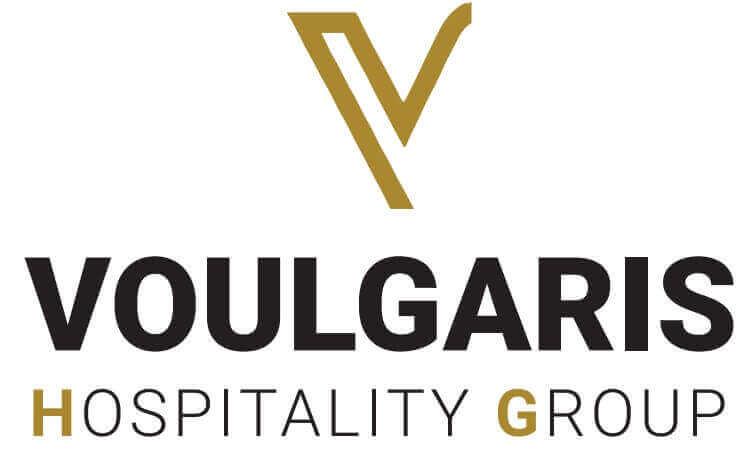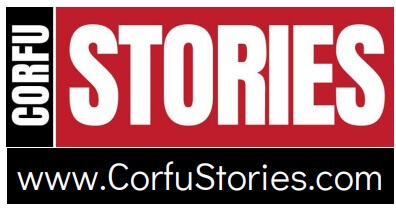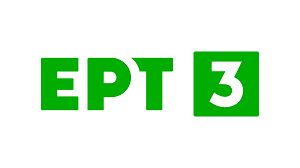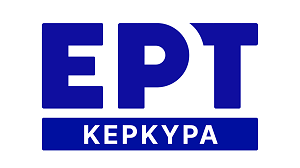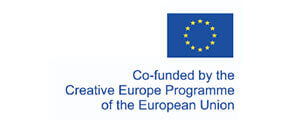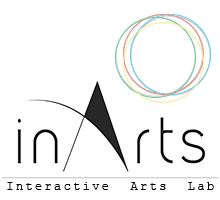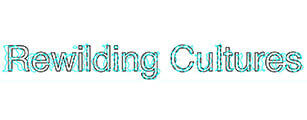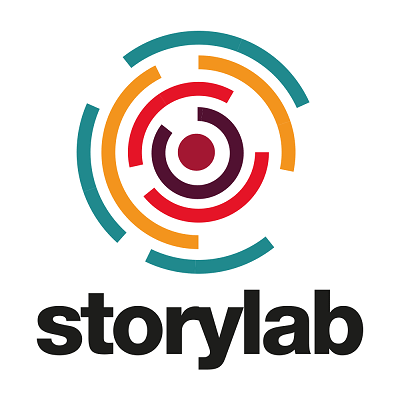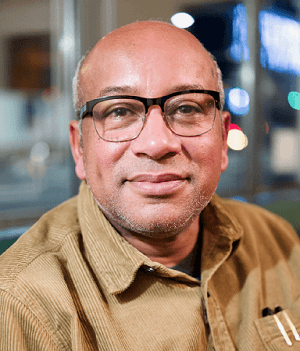
Erik Knudsen is a filmmaker and Professor of Media Practice at the University of Central Lancashire (UCLan) in the UK, where he is also the Faculty Director of Research for the Faculty of Culture and Creative Industries. Prior to joining UCLan, Erik was a Professor of Visual and Digital Culture at Bournemouth University’s Media School. He has also been Professor of Film Practice at the University of Salford, Manchester, UK, where he was for a period of time Head of the School of Media, Music and Performance. During his many years at the University of Salford, Erik also acted as the University of Salford’s Director of Graduate Studies. Earlier roles at the University of Salford include programme leading the MA in Fiction Film Production, the MA in Television Documentary Production and the MA in Wildlife Documentary Production. Prior to his University of Salford tenure, he was Head of Production at the Northern Film School at Leeds Beckett University. Alongside his current role, Erik is also Visiting Professor, and the former Head of the Editing Department, at the Escuela Internacional de Cine y Television in Cuba. He writes extensively about creative film practice and his latest book, Finding The Personal Voice In Filmmaking, was published by Palgrave Macmillan in 2018. He is principal investigator on two recent Arts and Humanities Research Council grants: StoryLab International Film Development Research Network (2016 - 2018) and StoryLab Skills Training for Democratised Film Industries (2019 - 2020). StoryLab Research Network has since grown to include working with film festivals, such as the Peloponnesus Documentary Film Festival, 2022, and the ongoing Wind Wolves Preserve Archaeology project in California, USA.
As a multiple prize winning filmmaker, his films include True Calling (88 minutes, fiction, 2021), Cleft Lip (84 minutes, fiction, 2018), The Raven On The Jetty (88 minutes, fiction, 2015), The Silent Accomplice (84 minutes, fiction, 2011), Vainilla Chip (17 minutes, Documentary, 2009), Veil (for Horse & Bamboo Theatre Company’s touring show, 2008), Heart of Gold (40 minutes, documentary, 2006), Sea of Madness (86 minutes, fiction, 2006), Brannigan’s March (99 minutes, fiction, 2004), Bed of Flowers (50 minutes, documentary, 2001), Signs of Life (70 minutes, fiction, 1999), Reunion (50 minutes, documentary, 1995), One Day Tafo (70 minutes, documentary, 1991).
Erik runs his own film production company, One Day Films Ltd. He is also creatively engaged with photography, exemplified through projects such as his photographic essay, Cuba in Waiting, which was exhibited at the Cervantes Institute in Manchester (2013) and Dean Clough Galleries, Halifax (2014) and is available as a book. His personal project entitled Doubt is a photographic and poetic book, combined with a film. This work had its opening exhibition in Manchester, UK, during January 2018 and was also exhibited at Dean Clough Galleries, Halifax, UK, from October 2018 to January 2019.
Title: “Do Not Be Afraid” Transcending Barriers of the Heart and Mind In Independent Narrative Filmmaking
The wholesale adoption of digital technologies in filmmaking over the past couple of decades has resulted in a significant liberation and democratisation of access to production, distribution and exhibition of narrative films. These seminal developments in narrative filmmaking practices have led to the emergence of a hinterland of independent creation and dissemination that has, paradoxically, both challenged traditional hegemonies and provided innovations that have helped strengthen the very hegemonies that traditionally dominated filmmaking. While there have, arguably, been a number of new narrative forms and approaches emerge, can we be confident that this liberation and democratisation of technologies has also led to the democratisation and liberation of the underlying stories independent filmmakers tell? In what ways have these developments helped, or hindered, independent filmmakers articulate authentic stories? Professor Erik Knudsen has over the past six years led an Arts and Humanities Research Council funded StoryLab Research Network project - with colleagues, Dr Nico Meissner from the Griffith Film School, Australia, Sarah Kuntoh, from the National Film and Television Institute, Ghana, Dr Carolina Patiño, from the University of Ibagué, Colombia, and Dr Iakovos Panagopoulos, from the Ionian University, Greece - which has explored the issue of independent and authentic filmmaking voices across diverse global cultures. The team worked with independent filmmakers and citizen filmmakers in Malaysia, Ghana, Colombia, USA and Greece. StoryLab developed an approach called ethnomediaology which it deployed as a method of ideation and story enablement. Professor Knudsen will in his talk, “Do Not Be Afraid”, outline this approach to story ideation, articulate the importance of authentic storytelling to a healthy society and explore one of his key findings. The key finding that will be discussed in this talk, relates to fear and the role of fear in erecting mental barriers that stifle creativity and the emergence of authentic storytelling. By way of example, he will contextualise these challenges within current fears related to artificial general intelligence and the border between machine and human. In so doing, he will aim to identify a way forward for the independent filmmaker seeking to tell authentic stories in a world with changing spiritual, mental and socio-political borders. The talk will include example audiovisual clips from StoryLab participants in Colombia and USA, as well as autoethnographic audio visual examples related to the theme of fear and courage in filmmaking.
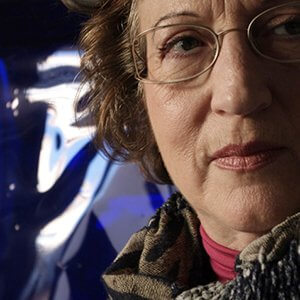
Marianne Strapatsakis was born in Athens, Greece.
Her first degree was from the Athens College of Technology in Interior Architecture. She continued her studies in Paris, with a five-year Grand from the Academy of Athens, where she graduated with the following degrees from: the Ecole Nationale Superieure des Beaux Arts a diploma in Painting and a Certificate in Sketch. She also received a Certificate in History of Art from the Ecole du Louvre, and a Diploma in Arts Plastiques, from the University of Sorbone, Paris I.
Since 1980 she was a pioneer in Video Art in Greece, with emphasis on video installations in which she incorporates painting, sculpture and video.
From 2004 to 2014 she was the Founding Member, Professor and President of the Department of Audio and Visual Arts of the Ionian University. In 2005 she was appointed as visiting professor at the Athens School of Fine Arts.
She continues her activity by focusing on the possibilities of coexistence of moving images, sound and digital art in the field of art; in the dialogue between contemporary digital art and civilizations of the past; in the presentation of big dimensions digital works in public spaces.
He has presented forty three solo exhibitions in Greece, France, England, Germany, Italy, Chile, Turkey, Egypt, and has participated in seventy nine group exhibitions in Greece, France, England, Germany, Spain, Netherlands, Morocco, New York.
She participated in numerous Conferences and Seminars of Art. Her work is presented to all the Dictionary of Art, in 180 articles at Newspapers and Journals, at T.V. and Radio emissions, at Festivals in Greece and abroad.
Works of her art are located in Greece: at the Ministry of Culture, at the National Gallery, at the Nationale Museum of Contempory Art, at the Museum of Modern Art of Elizas and Vasilis Goulandris, at the Municipal Gallery of Rhodes, at the Center of Modern Art of Rethymno, at the Macedonean Museum of Modern Art, at the Museum of Byzantium Culture of Thessaloniki, at the Gallery of Syros, at the collection of Harry Antoniou, at the collection of Perikli Sahini, at the collection K.Fix in Austria, at the collection of T. Karavia in New York and at others collections in Greece, France, Germany, Switzerland and USA.

 Abstract file
Abstract file